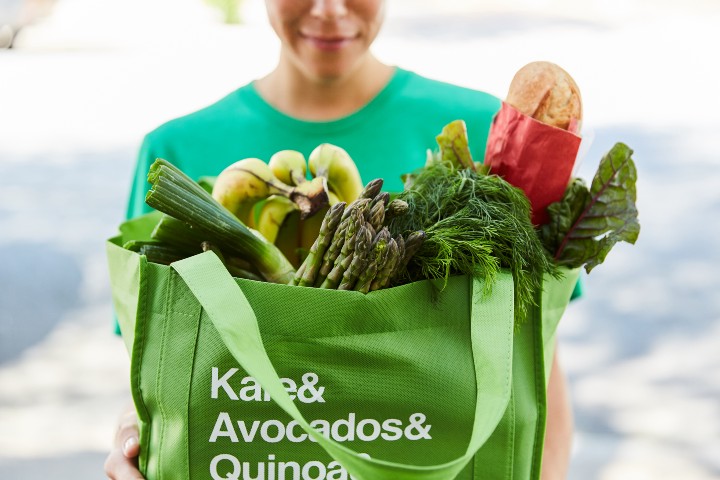While the HNB process is similar to the one used by vaporizers and e-cigarettes, devices such as the IQOS use tobacco rather than the liquid made for vaporizers. By staying focused on tobacco, Philip Morris is taking advantage of the same supply chain for IQOS that it does for traditional cigarettes while also enjoying attractive profit margins for IQOS cartridge sales.
The company claims that HNB devices are safer than regular cigarettes because they don't burn tobacco. However, the science is still being debated, and the Food and Drug Administration (FDA) has not concluded that HNB devices are safer than cigarettes.
The strategy has been successful. More than 40% of the company's revenue now comes from smoke-free products, and IQOS is gaining market share in countries where it's available. Its 2022 acquisition of Swedish Match for $16 billion has been a success due to the popular Zyn chewable nicotine pouch. In the second quarter of 2025, sales of nicotine pouches, primarily Zyn, jumped 43% to 214.7 million.
After finding success with IQOS internationally, Philip Morris paid $2.7 billion to acquire the rights from Altria to sell the product line in the U.S. It launched the product in Austin, Texas, in March 2025. As of October, the product is only available in Austin and Fort Lauderdale.
Philip Morris posted a roughly 1.3% drop in cigarette sales volume during the first nine months of 2025. However, its sales volume of heated tobacco units (HTUs) rose 12.2% in those same three quarters, indicating that devices such as the IQOS have strong growth potential.
As a dividend stock, Philip Morris does not disappoint. Since its split from Altria in 2008, the company has raised its dividend every year, and its dividend has increased by 194% as of June 2025. The stock also offers a healthy dividend yield of over 3% of the share price. If its history as part of Altria were included, it would qualify as another Dividend King.










